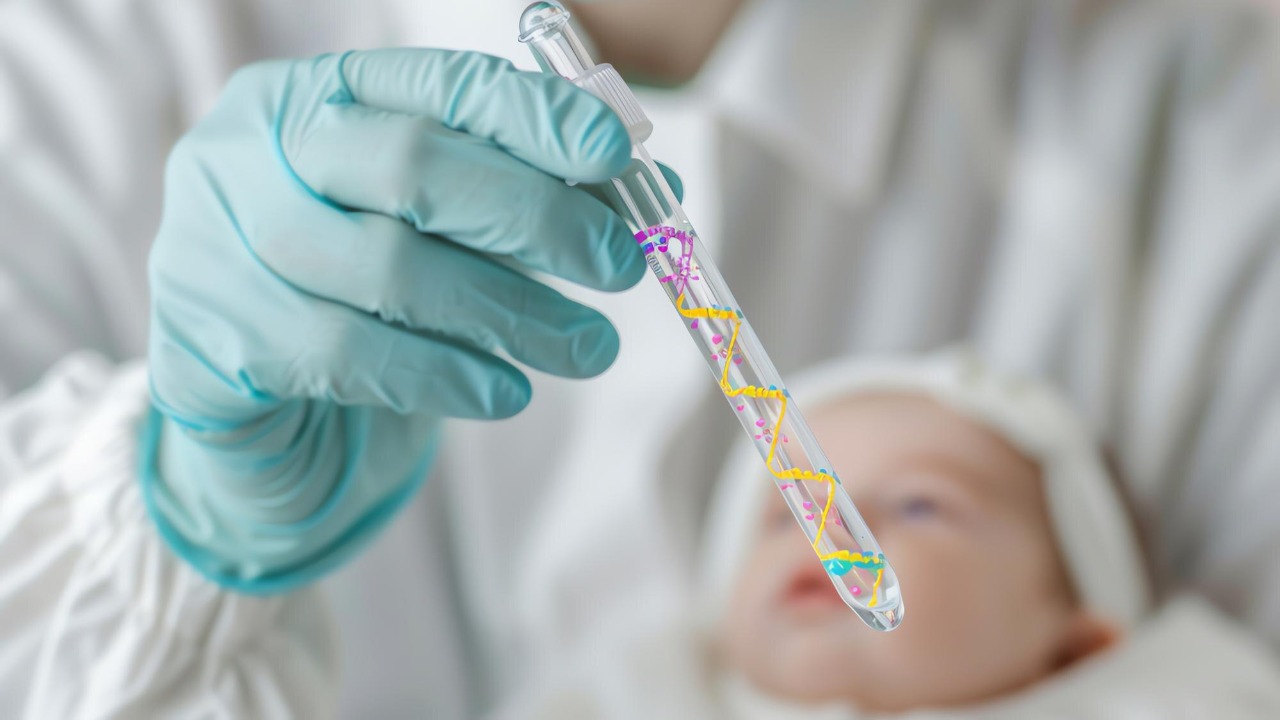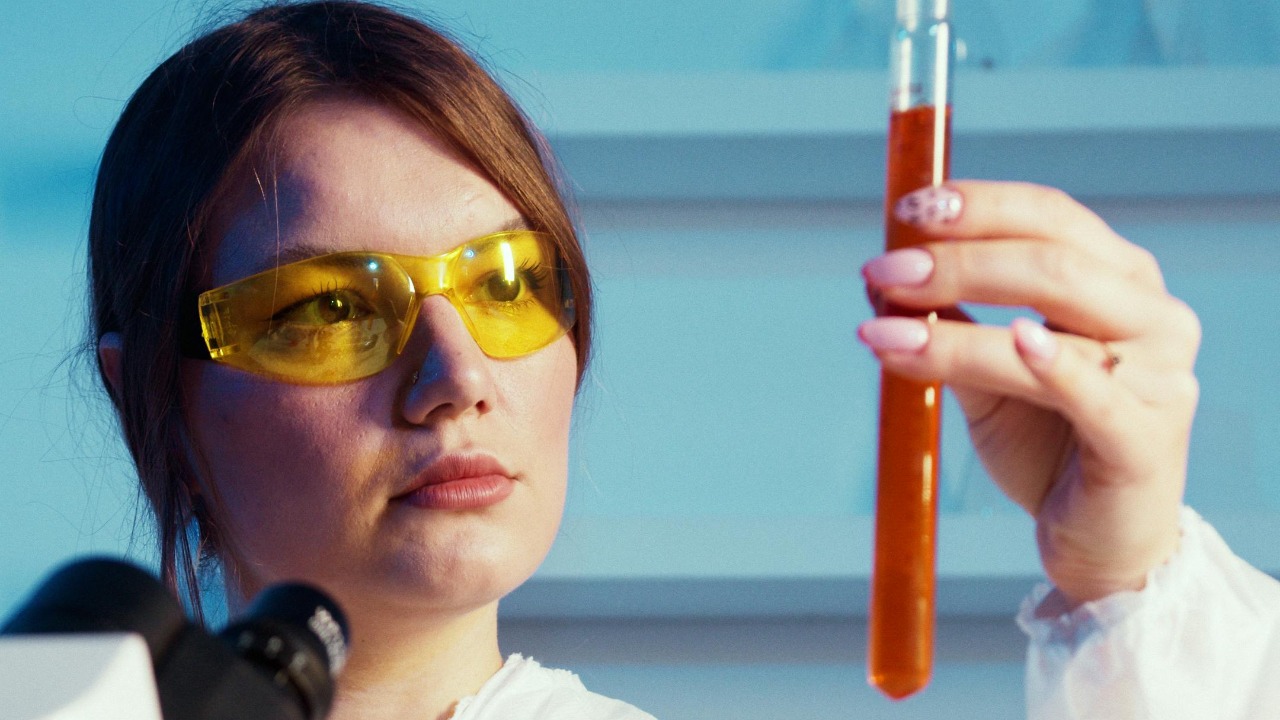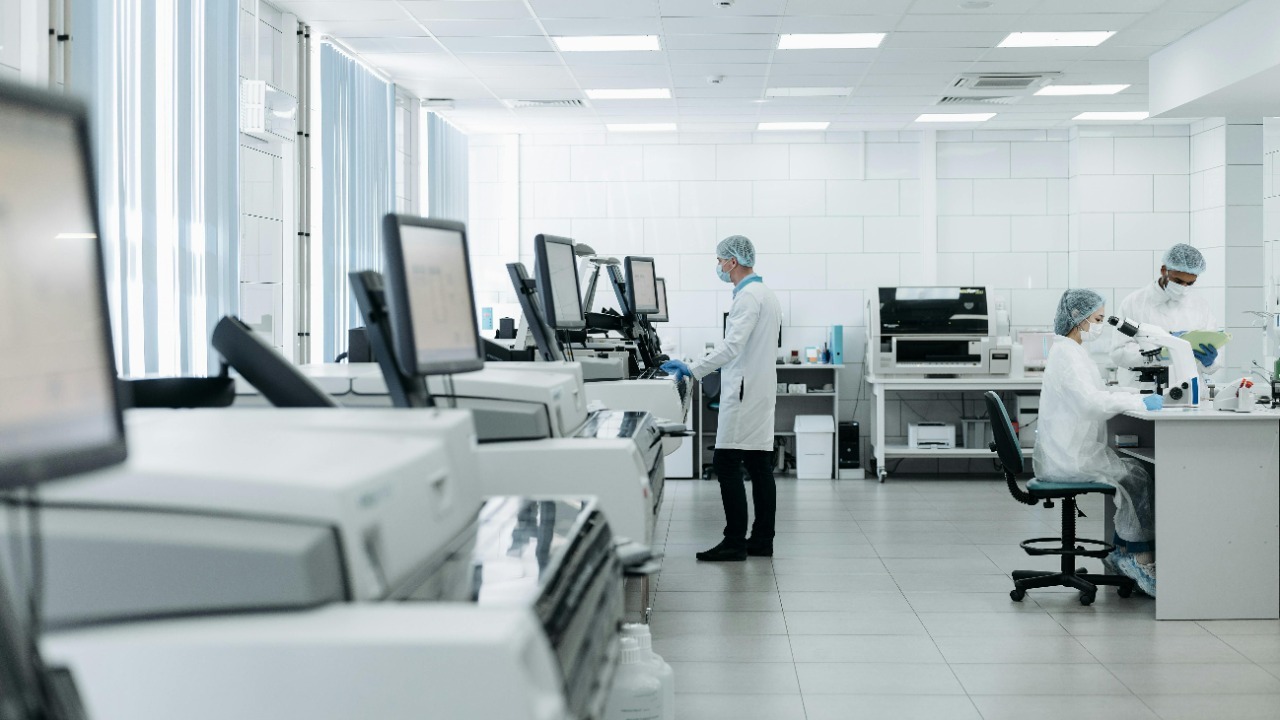
The concept of lab-grown babies, once confined to the realms of science fiction, is inching closer to reality. Advances in reproductive technology, such as in vitro gametogenesis (IVG) and lab-grown sperm and eggs, are paving the way for this possibility. But will society accept this new norm, and what ethical dilemmas might it present?
The Science Behind Lab-Grown Babies

Overview of In Vitro Gametogenesis (IVG)
In vitro gametogenesis (IVG) is a groundbreaking technique that involves creating viable sperm and eggs from stem cells in a laboratory setting. This process begins with the reprogramming of adult cells into induced pluripotent stem cells (iPSCs), which can then be coaxed into becoming sperm or eggs. IVG opens up new possibilities in reproductive science, especially for individuals who are unable to produce viable gametes naturally.
Recent breakthroughs have demonstrated the potential of this technology. Researchers have successfully produced functional sperm and eggs in lab settings, predominantly using animal models. While these advancements are promising, replicating such results in humans remains a significant challenge that scientists are rigorously exploring.
Current Successes and Hurdles
Experiments with animal models have yielded some success, with researchers reporting the birth of healthy offspring from lab-grown gametes. However, the transition from animals to humans is fraught with challenges, including the intricacies of human cellular development and the ethical considerations that accompany human experimentation.
The hurdles in human applications are significant. Technical challenges include ensuring the genetic stability of lab-grown gametes and replicating the complex environment of natural human reproduction. Despite these challenges, the scientific community remains optimistic about overcoming these obstacles as research progresses.
Ethical Considerations and Societal Implications

Ethical Dilemmas of Creating Life in a Lab
The prospect of creating life in a lab raises profound ethical questions. Critics argue that it borders on “playing God,” raising concerns about the potential for misuse of the technology. The ability to manipulate human genetics and reproduction at such a fundamental level could lead to unforeseen consequences, including the commodification of human life
This technology also challenges traditional concepts of parenthood and family. If lab-grown babies become commonplace, societal notions of what it means to be a parent could evolve, impacting the fabric of familial relationships as we know them.
Societal Readiness and Acceptance
Public perception plays a crucial role in the acceptance of this technology. While some may embrace the scientific advances, others may resist due to cultural or religious beliefs. The idea of lab-grown babies may clash with deeply held values about natural reproduction and family structures.
To gauge societal readiness, it’s essential to consider the diverse perspectives that shape public opinion. Engaging in open dialogue and fostering understanding through education can help bridge the gap between scientific possibilities and societal acceptance.
Potential Benefits and Risks

Medical and Scientific Advantages
The potential benefits of lab-grown babies are significant. One of the most promising applications is the eradication of genetic diseases. By carefully selecting and manipulating gametes, scientists could potentially eliminate hereditary conditions, leading to healthier future generations. This aligns with ongoing advancements in genetic screening for diseases like cystic fibrosis.
Additionally, the technology opens doors to personalized medicine applications. By tailoring reproductive processes to individual genetic profiles, the potential for customized healthcare solutions becomes a reality.
Risks and Unforeseen Consequences
However, the risks and unforeseen consequences of lab-grown babies cannot be ignored. Concerns about genetic diversity arise, as reliance on lab-created gametes could reduce the natural variability crucial for a robust population.
Long-term health implications for individuals born from lab-grown gametes are not yet fully understood. The possibility of unforeseen genetic mutations or vulnerabilities necessitates cautious and thorough research before widespread adoption.
Legal and Regulatory Frameworks

Current Legal Landscape
The legal landscape surrounding reproductive technologies is complex and varies significantly across countries. Current regulations often lag behind scientific advancements, creating a patchwork of legal approaches that can hinder international collaboration and progress.
In some countries, strict regulations govern the use of such technology, while others adopt a more permissive stance. This disparity highlights the need for cohesive and comprehensive legal frameworks to address the ethical and practical challenges posed by lab-grown babies.
Future Regulatory Challenges
Developing future regulatory guidelines will require international consensus and cooperation. Balancing innovation with ethical considerations is crucial to ensure that the benefits of this technology are realized without compromising ethical standards.
As the science progresses, the establishment of clear guidelines and oversight mechanisms will be essential to navigate the complex landscape of reproductive technology responsibly.
Public Engagement and Education

Importance of Informed Public Discourse
Informed public discourse is vital to the responsible advancement of lab-grown baby technology. Increasing public awareness and understanding through education can demystify the science and address misconceptions.
The role of media and educational institutions in shaping public opinion is significant. By presenting accurate information and fostering dialogue, these entities can help society navigate the complexities of this emerging technology.
Engaging Diverse Stakeholders
Engaging a broad range of stakeholders, including scientific, ethical, and religious communities, is essential for comprehensive discourse. These diverse perspectives can enrich the conversation and help identify potential concerns and solutions.
Inclusive dialogue is crucial to address the multifaceted implications of lab-grown babies. By involving various voices in the conversation, society can work towards a consensus that respects ethical, cultural, and scientific considerations.